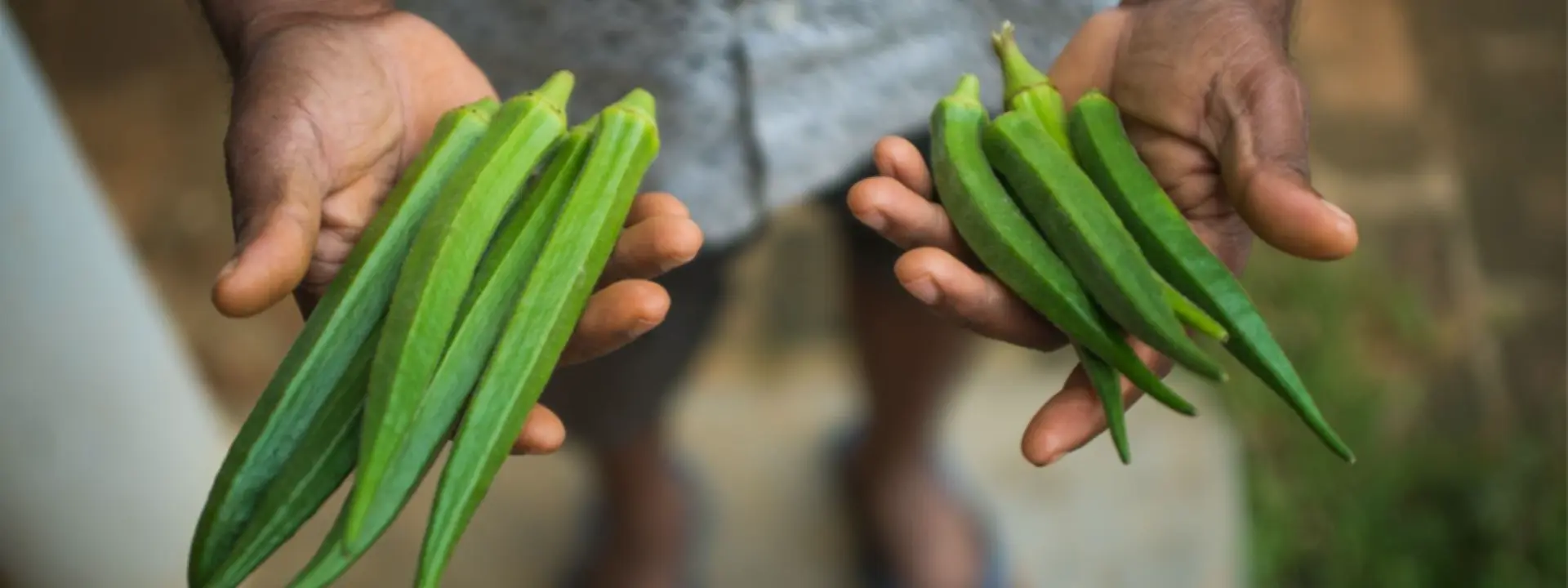Powering agriculture: sustainable energy solutions for the farming industry in India

Agriculture plays a crucial role in the economy of developing countries and provides the main source of food, income and employment to their rural populations. The efficient irrigation of agricultural crops is one of the most pressing and important challenges facing these farmers as the need to save resources, reduce water use and minimise energy consumption is particularly significant.
Professor Eddie Owens, director of Heriot-Watt's Energy Academy, along with partners Auraventi Ltd, Scene Connect, Findhorn Foundation College, Auroville Consulting and Auroville Centre for Scientific Research, looked to address this challenge through the Smart Control of Rural Renewable Energy and Storage (SCORRES) project funded by Innovate UK.
The SCORRES team trialled a cloud-controlled, micro-irrigation system on a farm in Tamil Nadu, India. Most irrigation systems are designed for larger farms but the average farm in India is a small-holding of around three acres. In many instances these small-holder farmers simply have a tap which they turn on and guestimate the amount of water to provide, leaving the water running when it's not actually required. Often work and family pressures, and an unreliable power supply, lead to irrigation pumps being switched on for most of the day, resulting in overwatering of crops.
Preventing water wastage
SCORRES looked to prevent this water wastage and improve efficiency. The team set out to use precision forecasting and their experience of community engagement to produce an optimised, automated crop irrigation scheduling system with Indian farmer groups. As many of the men on the farms had left to work in the cities, this empowered the women to engage with the SCORRES team creating social and behavioural impacts beyond the expectations of the project. The automation and optimisation of the irrigation system freed up time for the women on the farms, creating a substantial social benefit.
This highlighted the need for an interdisciplinary approach to problem solving, requiring social-scientists to help ensure that the scientific intervention and the practical benefits landed positively within the community structure.
The innovative system had a profound impact on the trial farm's use of natural resources: water use was reduced by up to 80 percent, and the crop yield doubled in some cases. The impact of the SCORRES project was recognised in 2018 by the Rushlight Awards, which celebrate and promote new technology, innovation and best practice across the whole environment spectrum. The project won in three categories, ‘Resource Innovation', ‘Water Management' and the group research category.
From the success of the SCORRES project grew Water-Hand – a software-hardware system that combines localised weather forecasting and electricity availability with a sophisticated modelling technique to calculate precise water needs for crops based on type, location and soil. Water-Hand is an app that farmers use on their phone, combined with a low cost remote-controlled irrigation valve, allowing them to easily adjust the water delivered to their crops. The app had a major impact in trials on a number of farms: a 70% reduction in water and energy usage, a 30% crop yield increase, and a 10% decrease in labour. Originally focused on farms growing vegetable-based crops like lettuce, basil and corn, further trials have involved crops such as sugar cane, banana and other fruit.
The ground-breaking impact of Water-Hand – and its potential to revolutionise small-holder farming and create a more resource efficient and sustainable future for the global agricultural sector – was recognised in 2019 by a Scottish Knowledge Exchange Award for ‘Making a Difference'.
Contact
Policy, Strategy and Impact (PSI)
- PSI@hw.ac.uk